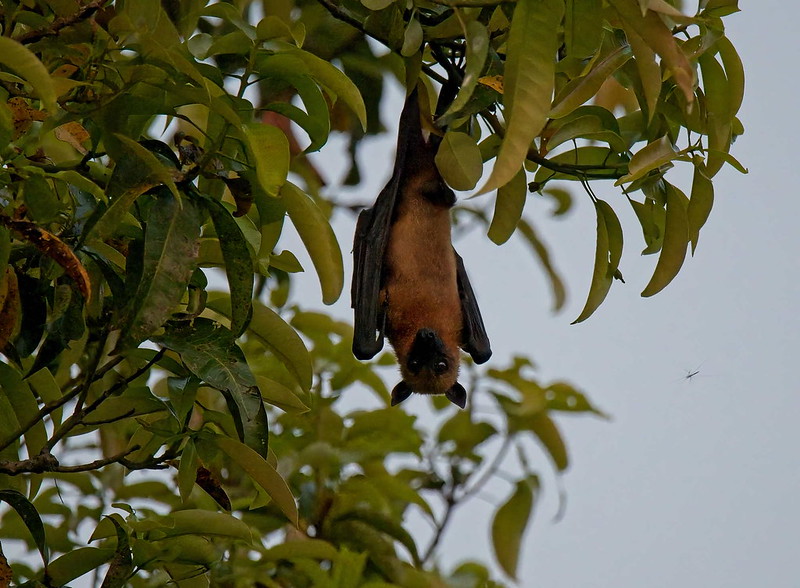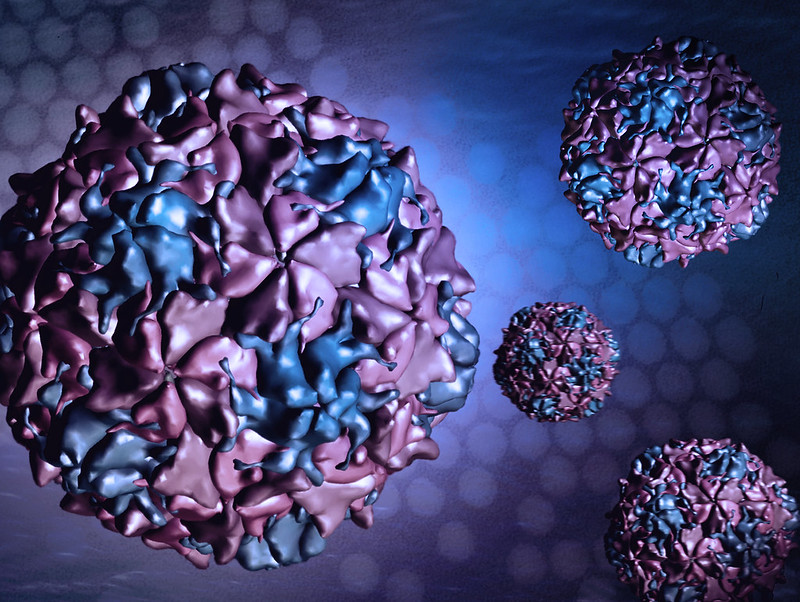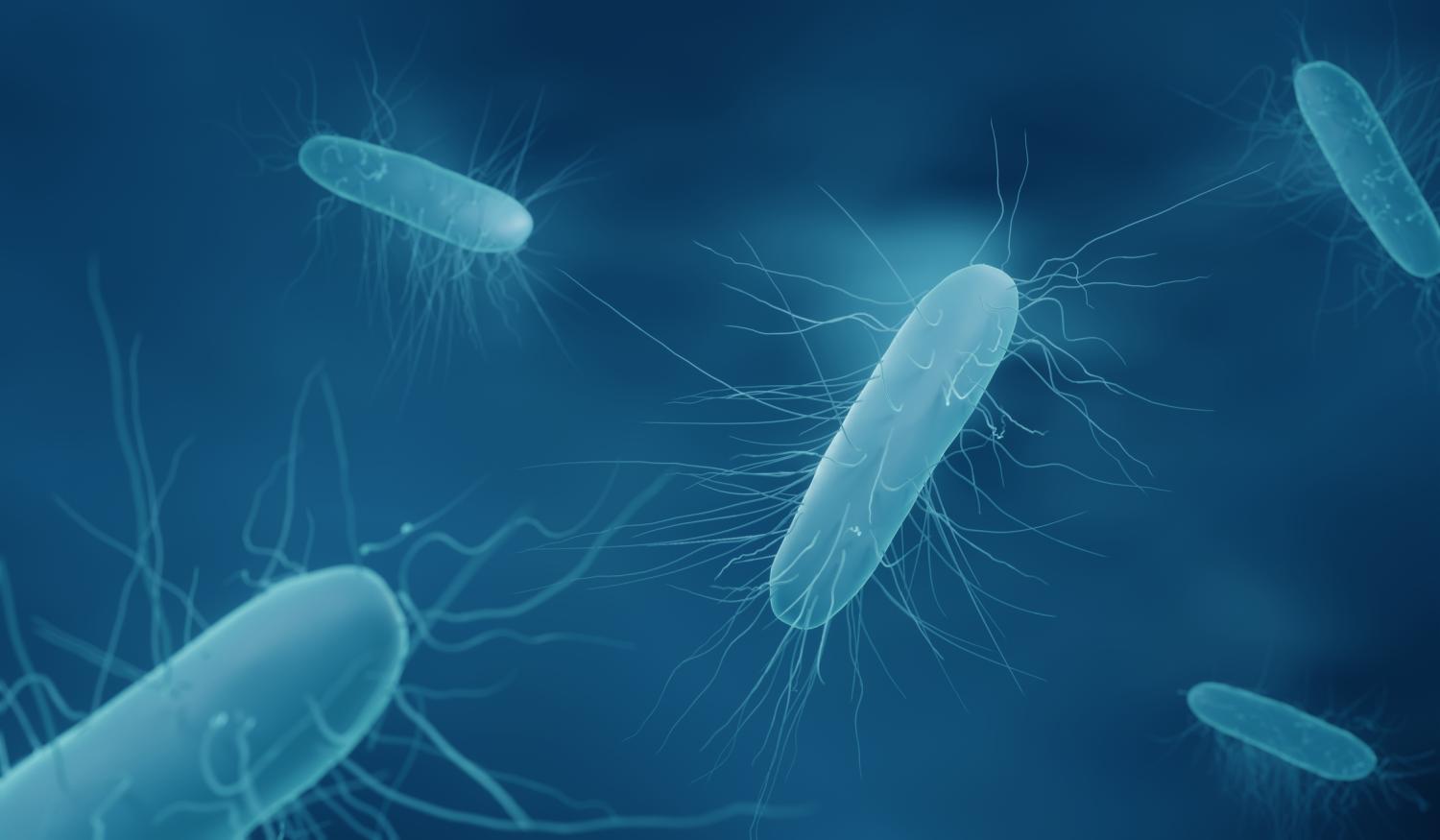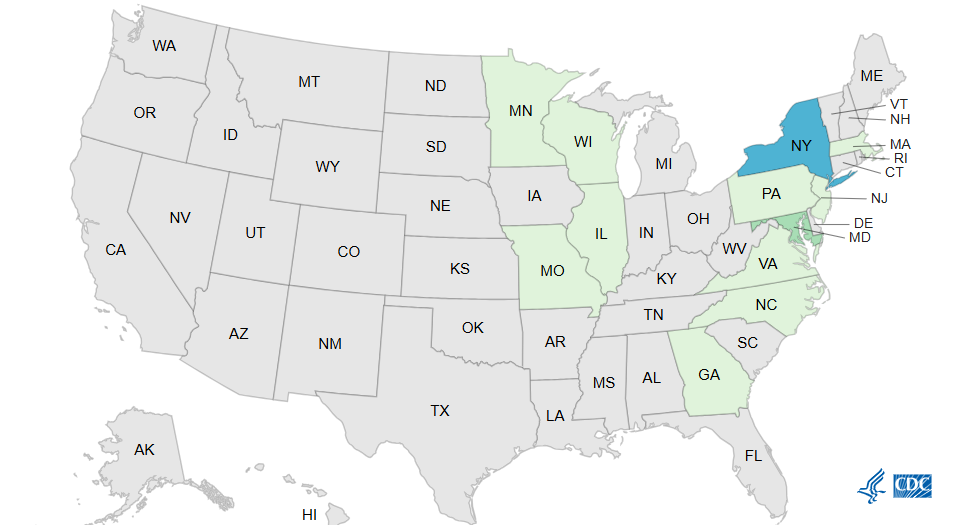India's health ministry yesterday reported a fatal Nipah virus case involving a 14-year-old boy from Kerala state, which has been the country's hot spot for the virus in recent years.

The boy from Mallapuram was hospitalized for acute encephalitis in Perinthalmanna before he was transferred to a facility in Kozhikode. Samples were sent for testing to the National Institute of Virology in Pune, which confirmed Nipah virus.
Investigators are looking for related cases and conducting contact tracing, and a federal task force will be deployed to assist health officials in Kerala state. The ministry added that it has sent monoclonal antibody treatment for the boy based on a request from Kerala officials. Though the treatment arrived before the boy died, it could not be used due to his deteriorating medical condition.
Boy had eaten hog plum fruit from neighborhood
The top health official in Kerala state said the boy had eaten hog plum fruit from his neighborhood before he got sick and that the neighborhood harbors bats, according to the Hindustan Times. Health officials have identified 350 contacts, of which 101 are considered high risk.
Nipah virus is spread by fruit bats and can be spread person-to-person. People can also contract the virus from drinking palm sap or eating fruit contaminated with bat urine, droppings, or saliva. The disease has a high case-fatality rate, and currently there are no specific treatments or vaccine, though a clinical trial is underway in India and Bangladesh to assess a monoclonal antibody treatment. The trial, launched earlier this month, is supported by the Coalition for Epidemic Preparedness and Response.
An expert group led by the Centers for Infectious Disease Research and Policy (CIDRAP), which publishes CIDRAP News, with support from Wellcome recently published an updated roadmap for developing medical countermeasures against Nipah virus.














